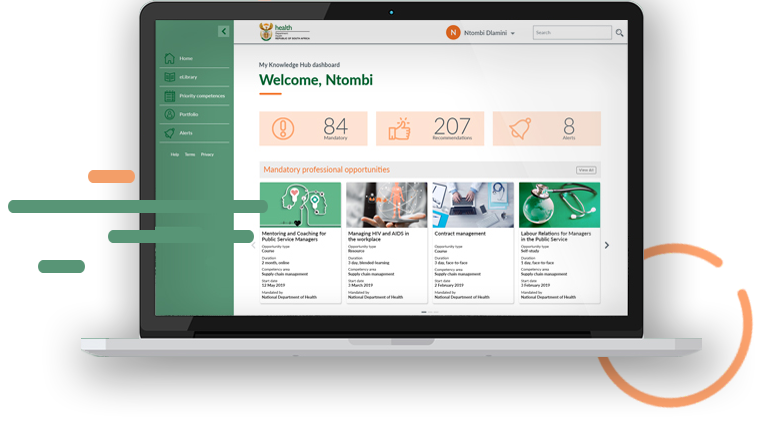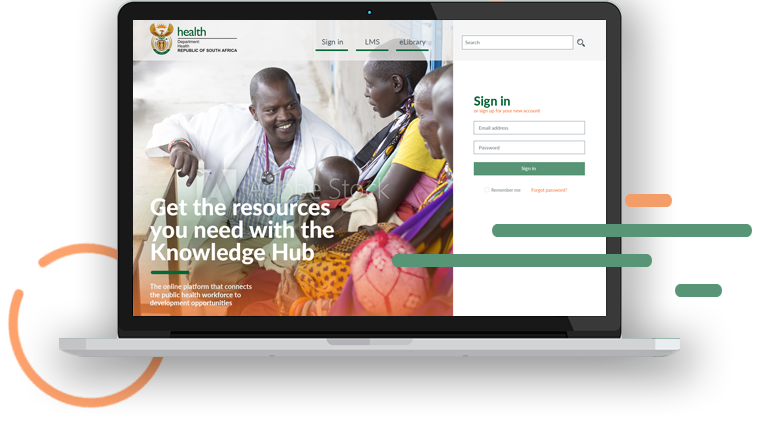How to take an adequate PAP Smear using Liquid Based Cytology (LBC) Technique
Who needs to be screened? The criteria for offering a Pap Smear to asymptomatic women:
- between 30 and 50 years old
- HIV negative
- Gynecologically asymptomatic
- older than 50, if never screened before


